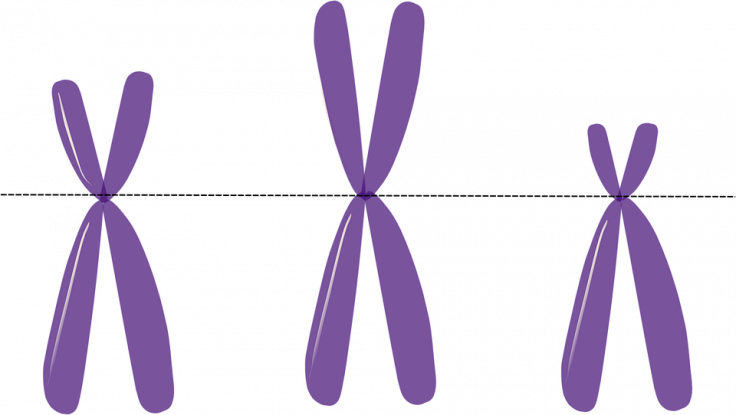
Why are some couples hit by multiple pregnancies that get aborted at times? No one knows. Not even doctors. Among 40 to 60 per cent of couples who show recurrent miscarriage (RM), it has not been explained, even though expensive testing has been undertaken.
At times, there are chromosomal abnormalities. This translates into more areas of the DNA being rearranged in the genomes of either or both individuals who are trying to conceive. Through routine chromosome analysis, scientists identified the disorders in about one among 50 couples.
A new study has been undertaken by investigators from Brigham and Women's Hospital, Shandong University and The Chinese University of Hong Kong. By using a special genetic sequencing technique called low-pass genome sequencing (GS), scientists searched for chromosomal abnormalities in couples who showed RM.
The technique of low-pass GS, rather than traditional testing, showed that additional chromosomal abnormalities were found in more couples and identification seemed to be more among one in nine couples. The team's findings are published in The American Journal of Human Genetics.
"RM carries an underappreciated psychological and financial burden for affected couples. It's often difficult to know how to treat or counsel couples when the cause of their infertility remains unknown," said co-author Cynthia Morton, PhD, the director of cytogenetics at the Brigham. "There are couples who have chromosomal rearrangements that can't be seen by classical methods. The technique we've used here increases the number of couples who we can detect who are at risk of having miscarriage."
Scientists from the Brigham collaborated with co-corresponding author Kwong Wai Choy, PhD, as well as his graduate student and first author Zirui Dong, PhD, at The Chinese University of Hong Kong. They jointly explored low-pass GS as another tool in clinical cytogenetics.
With co-corresponding author Zi-Jiang Chen, MD, PhD, at Shandong University, the team selected and analysed samples from 1,090 couples. Most of them underwent at least two or more pregnancy losses. Many couples were enrolled from RM clinics into the universities. Scientists undertook chromosome analysis and low-pass GS. Once the team identified 127 chromosomal abnormalities, they accounted for 12 per cent of the couples and 50 more couples than was revealed by the earlier chromosomal analysis.
"This a perfect example of the fundamental role that genetics can serve to help patients with infertility," said co-author Raul E. Piña-Aguilar, MD, a postdoctoral fellow in the Morton lab. "We have discovered that additional RM couples have chromosomal rearrangements. Undoubtedly, these couples are the ones who will benefit most from personalized intervention."








